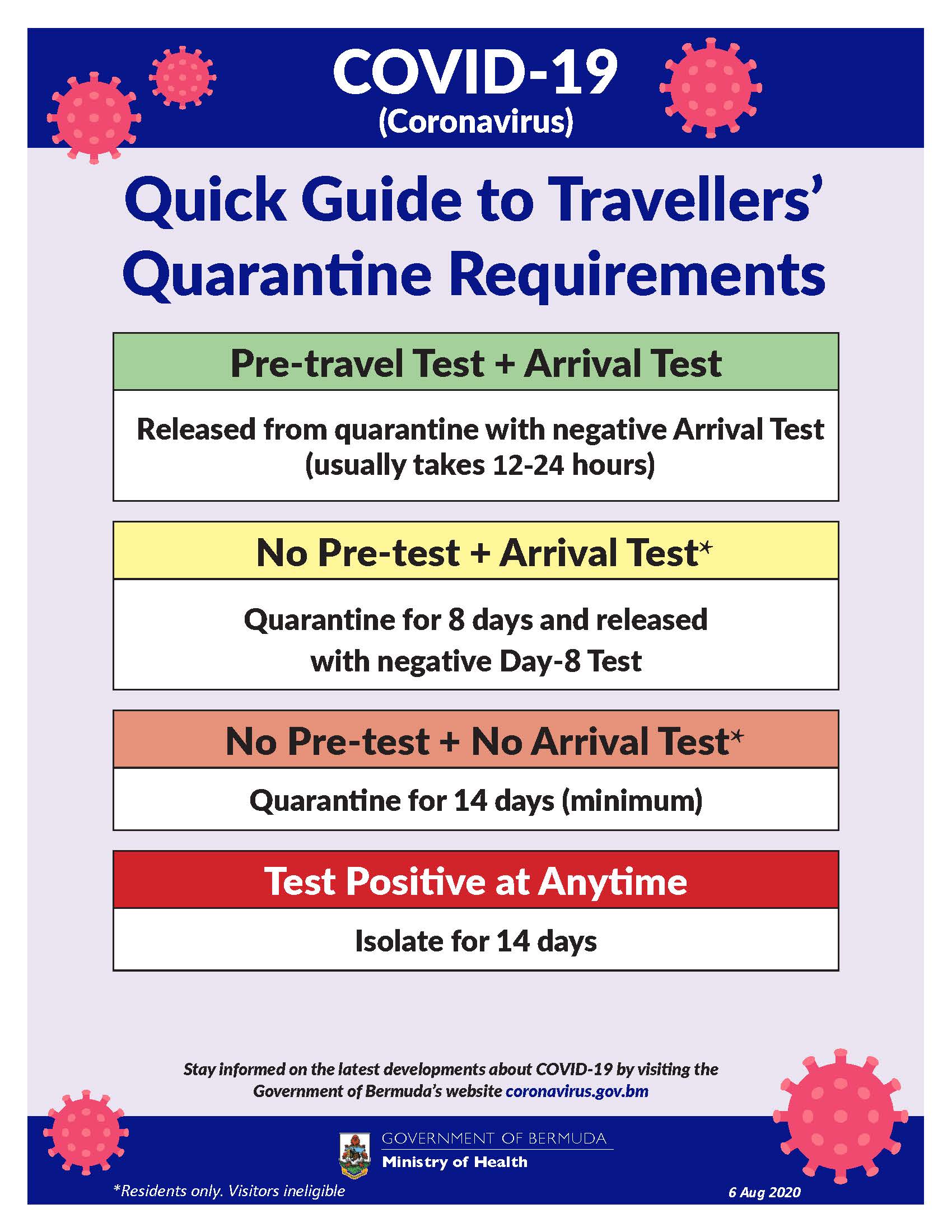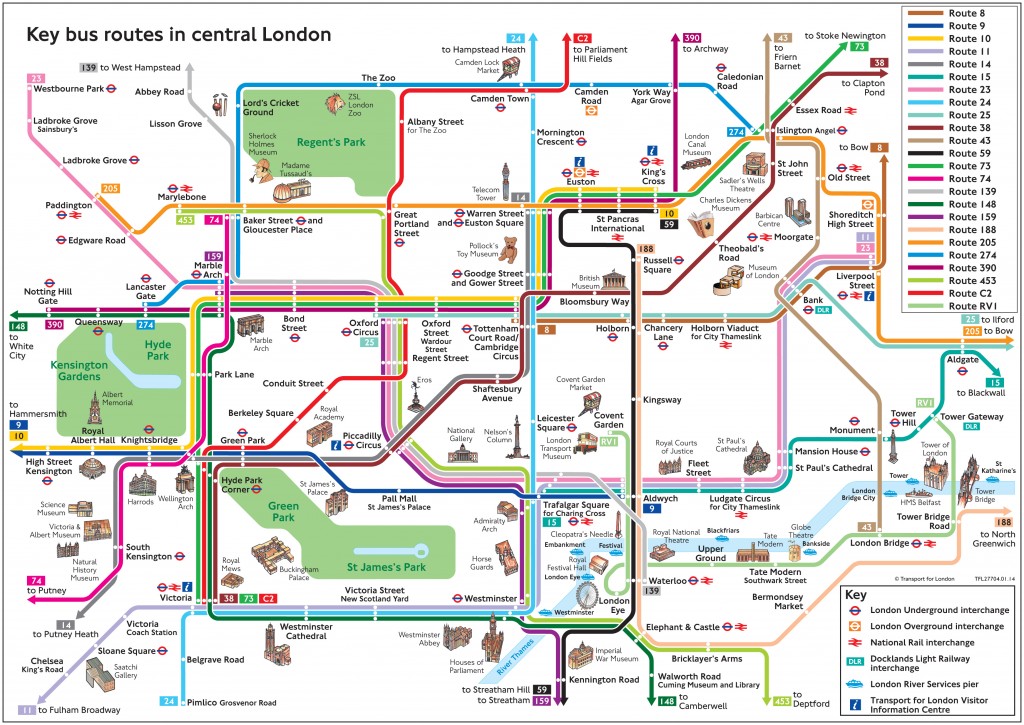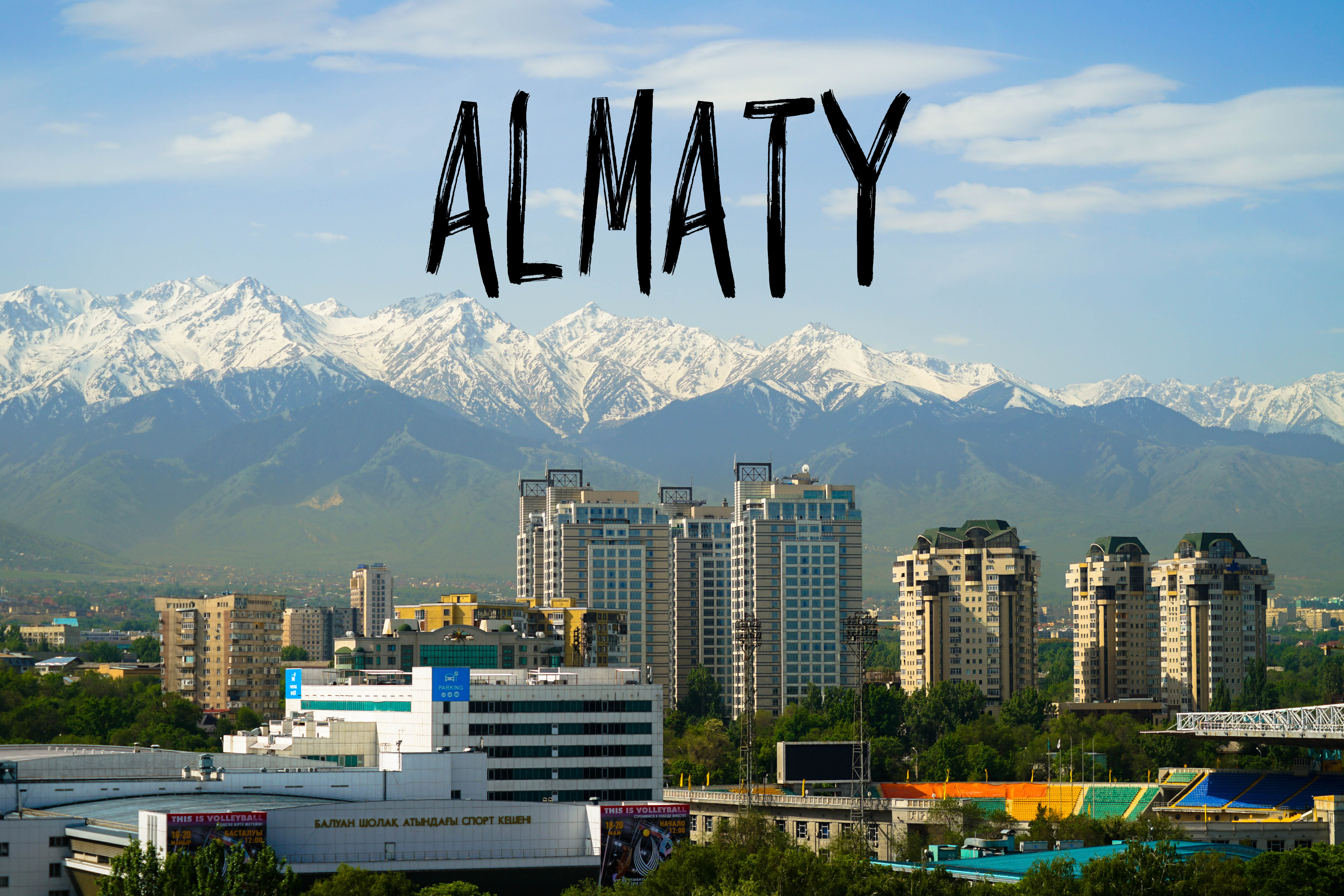Understanding the Virus
What is Coronavirus?
Coronaviruses are a family of viruses that include the common cold, SARS (Severe Acute Respiratory Syndrome) and MERS (Middle East Respiratory Syndrome). According to experts, this new Wuhan coronavirus is transmitted in much the same way as the common cold through droplets produced when an infected person coughs or sneezes, or through contaminated surfaces such as door handles. The current virus is believed to have originated from a seafood and animal market in Wuhan, China. The incubation period of the virus is approximately 2 weeks. While symptoms may include fever, cough and difficulty breathing, many cases can also be asymptomatic or mild with symptoms resembling a cold or flu.

Global Spread of the Virus
As of late January 2020, the majority of confirmed cases remain confined to mainland China. However, the virus has spread to at least 5 other countries including Japan, Thailand, South Korea, the United States and Canada. With international air travel being a major channel for cross-border virus transmission, the number of affected countries is expected to rise.
Travel Advisories and Precautions
Government Warnings Against Travel to China
In response to the outbreak, the US Centers for Disease Control and Prevention (CDC) has advised travellers to avoid all nonessential travel to China. Similarly, the UK Foreign Office has warned against all travel to Hubei province and nonessential travel to the rest of China. Many governments are also evacuating citizens from Wuhan.
Health Screenings at Airports
Many international airports around the world have implemented passenger screenings and health declarations to curb the spread. Travellers originating from affected areas can expect to undergo temperature checks and scrutiny of symptoms. Airlines may also provide illness prevention guidelines onboard and refuse passage to visibly sick passengers.
Avoiding affected Cities and Wet Markets
For their safety, travellers are strongly advised against visiting Wuhan city or other locked-down areas in Hubei province. They should also steer clear of crowded hospitals and wet markets selling live animals which are believed to be disease hotspots.
Personal Protection Measures
Practicing Good Hygiene
When travelling, it is prudent to maintain proper hand hygiene - frequently washing hands with soap or using alcohol-based hand sanitizers, especially after contacting public surfaces or blowing nose/sneezing. Travellers should also avoid touching their eyes, nose and mouth with unwashed hands to prevent contact transmission.
Wearing Face Masks
While face masks may not be 100% effective, wearing them properly covers the mouth and nose to block transmission through respiratory droplets. Travellers in affected regions like China and Vietnam have been donning masks as an added layer of protection in crowded public spaces like subways, airports and shopping malls.
Disinfecting Surfaces and Belongings
It is a good precaution to regularly disinfect commonly touched items and surfaces like mobile phones, bags, tray tables and armrests especially on public transports. Wipes containing at least 70% alcohol, bleaches or disinfectants can be used to wipe down areas that may have been exposed.
Dealing With Travel Disruptions
Airline Policies on Flight Changes/Cancellations
As the situation evolves, many airlines have adopted flexible rebooking options for travellers affected by travel advisories or flight disruptions linked to the coronavirus outbreak. Passengers should check directly with carriers on waivers of change fees for rebooking flights to/from China or through affected airports in the near term.
Travel Insurance Considerations
Travellers may wish to check the covers provided under existing travel insurance for trip cancellations, medical expenses and evacuation due to epidemics and public health emergencies. It would be advisable to purchase policies with comprehensive cancellation clauses to better address uncertainties arising from the evolving crisis. Options include upgrading to premier insurance with wider infectious disease protection.
Alternative Plans and Delayed Travel
Amidst rising risks, travellers may opt to defer or reduce time spent in affected regions, consider alternative lower-risk destinations nearby or postpone trips altogether if their itineraries placed them in danger zones. While inconvenient, safety should be the utmost priority when making travel decisions under challenging virus circumstances.
In summary, with regular updates on virus information and heeding advised precautions, most recreational travel may still be reasonably safe if avoiding hotspots. But non-essential trips to China especially Hubei province are discouraged for now given the fluid situation and severe response measures implemented locally due to the public health emergency. Travellers need stay abreast of advisories and make conservative plans.

 Getting Around London on the Tube, Buses, and Night Services
Getting Around London on the Tube, Buses, and Night Services